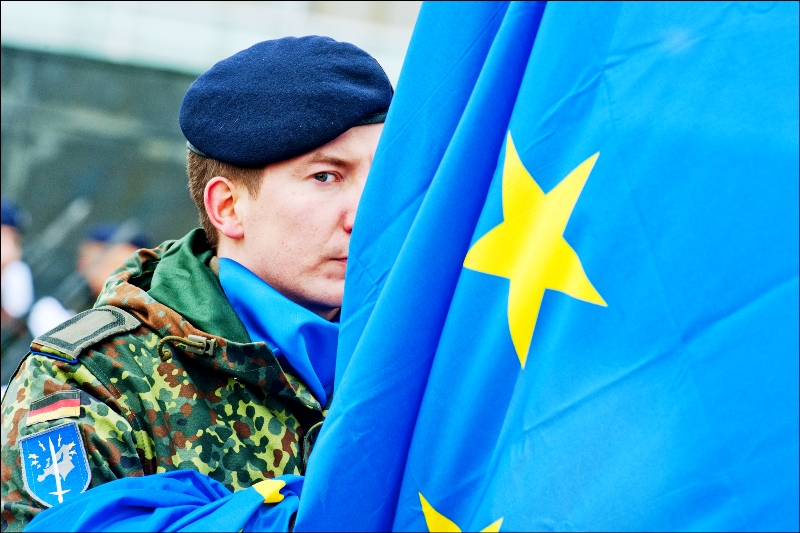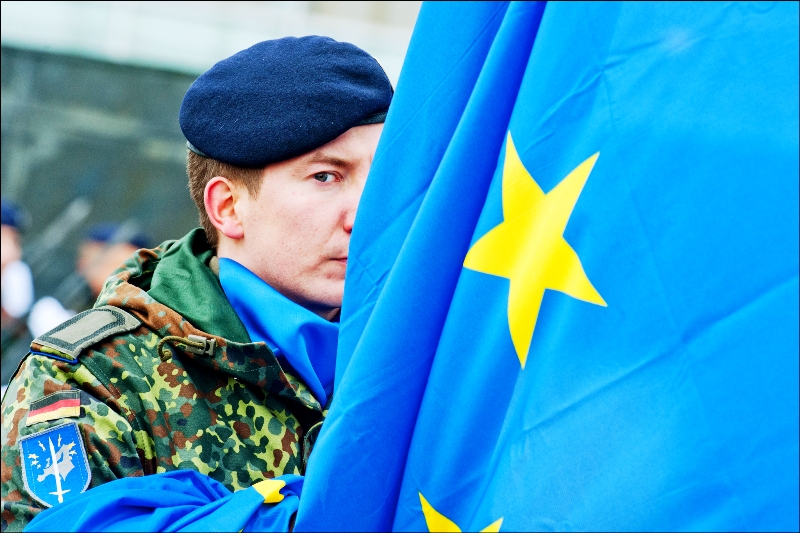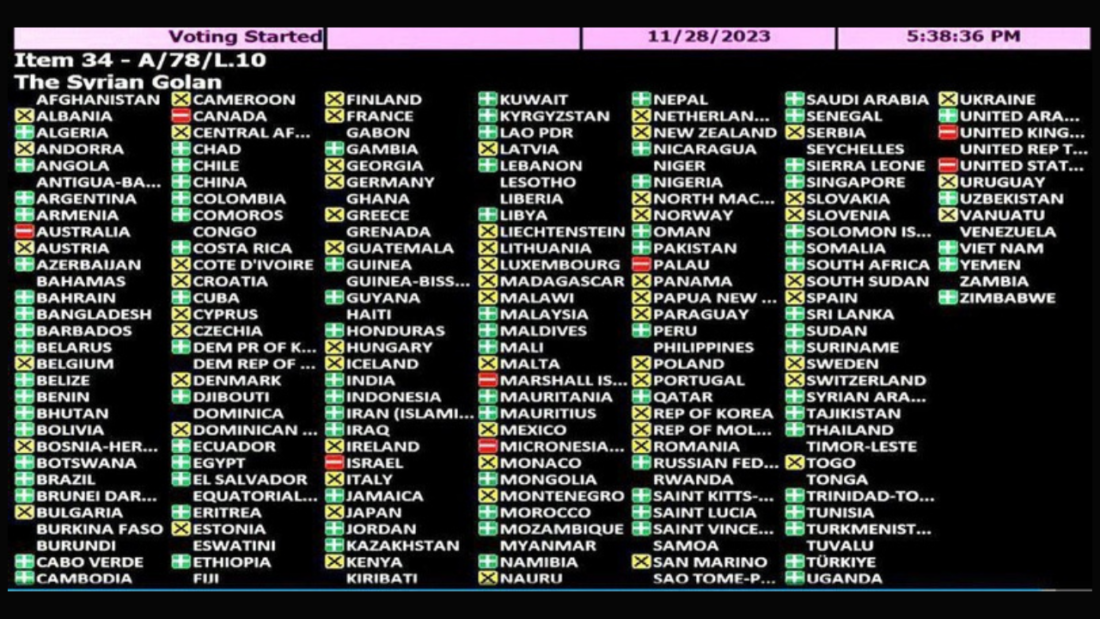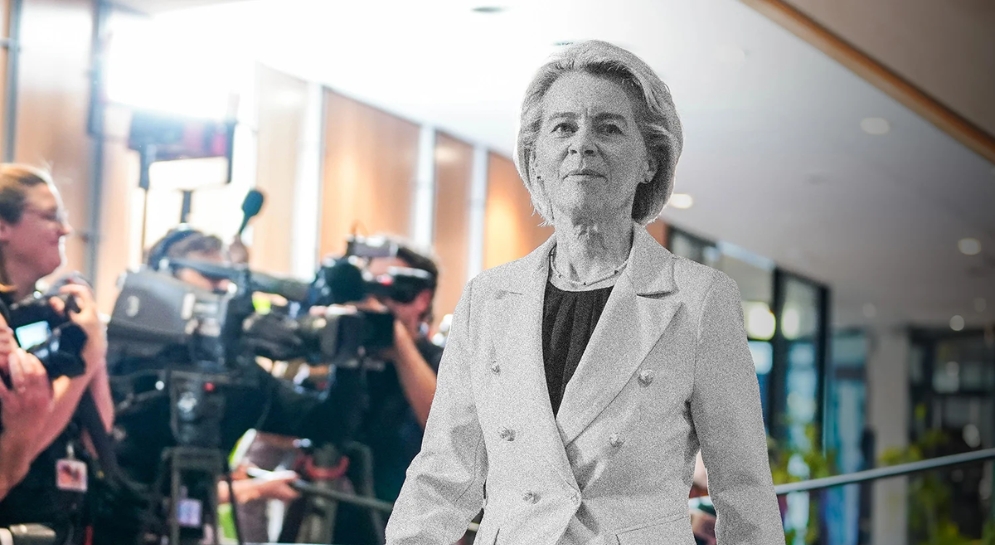
EU extends its interventionist and militarisation policy
Statement of Costas Christodoulides, Head of the International and European Affairs Department of AKEL
AKEL C.C. Press Office, 21st January 2015, Nicosia
 On 19th January the Council of EU Foreign Ministers had a discussion on EU relations with the Russian Federation and more specifically with regards sanctions against the latter. From what was been published a will to lift sanctions against Russia was not expressed. However, several countries raised their doubts about the measures, which in essence are being imposed by countries with competing interests towards Russia and by those countries blindly insisting on implementing the NATO policy of a complete rupture, in order to serve their strategic choices and control the region of the former Soviet Union.
On 19th January the Council of EU Foreign Ministers had a discussion on EU relations with the Russian Federation and more specifically with regards sanctions against the latter. From what was been published a will to lift sanctions against Russia was not expressed. However, several countries raised their doubts about the measures, which in essence are being imposed by countries with competing interests towards Russia and by those countries blindly insisting on implementing the NATO policy of a complete rupture, in order to serve their strategic choices and control the region of the former Soviet Union.
We ask ourselves what position was expressed by the Government and if it has drawn lessons from the results of the foreign policy it is pursuing. Is the government perhaps content to hide behind other countries positions and the foreign policy followed by the Union? Furthermore, we pose the question – who will be the ones defending the interests of the Cypriot people?
In addition, during the meeting, military and other EU missions to Mali and the Central African Republic were approved following on from previous relevant decisions. At a time when the crisis is causing severe damage to the peoples and workers, the EU is continuing its missions abroad, the financial costs of which could have contributed towards alleviating the crisis. Moreover, this interventionist policy and the militarization of international relations are dangerous for the cause of peace, as well as to the possibility of the peoples themselves determining their own fate and affairs. This is always accompanied by “rewards” usually demanding privatizations for the benefit of foreign and European multinationals. At the same time when all these developments are underway, the Turkish government continues without any consequences to violate the sovereignty of the Republic of Cyprus, without the European Council showing any particular concern.




